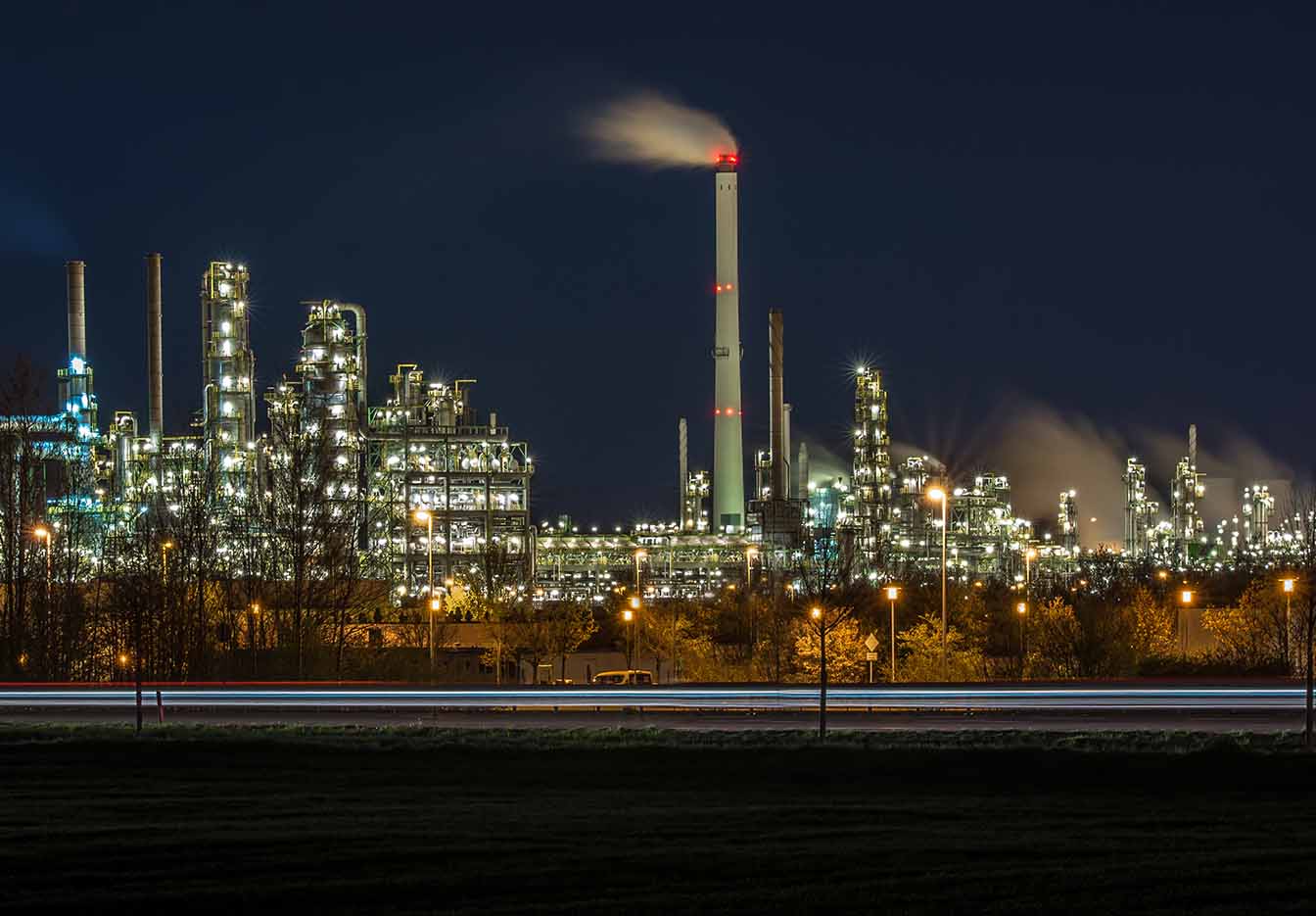The pharmaceutical industry depends on a reliable energy supply to ensure smooth processes, high quality standards and compliance with health-critical regulations. However, rising energy costs and fluctuating availability are making competitive production in Europe increasingly difficult. But what exactly are the challenges and are there solutions that can secure the production of important medicines in Europe in the long term? Energy storage systems can play an important role on the way to a local, independent and green energy supply.
Current challenges in the energy supply of the pharmaceutical industry
The declared aim of politicians is to keep the pharmaceutical industry in Europe and create new locations. However, companies are confronted with problems that are based on issues and dependencies in energy supply and supply chains.
Difficulties in the supply chain cause shortages
Numerous bottlenecks in the supply of medicines during the coronavirus pandemic – some of which continue to this day – show how important it is for Germany and Europe to maintain their own pharmaceutical industry. There is currently a shortage of essential antibiotics and many other medicines.
In the long term, Europe must become less dependent on suppliers from abroad, where production can be significantly cheaper due to lower energy costs, in order to ensure a secure supply for the population. Political measures such as the ” Lieferengpassgesetz” are currently providing relief, but remain only short-term solutions. In the long term, production must be shifted back to Europe to a greater extent.
Critical factor: gas supply
A decisive factor on the way there is a secure and cost-effective energy supply: Over the past decade, the pharmaceutical industry in Germany has become particularly dependent on gas as its primary energy source. For example, the majority of burners used to generate steam are fuelled by gas. The fossil fuel is also required to operate laboratory exhaust air systems in production and for numerous other processes.
According to the German Economic Institute, gas accounted for around 40 per cent of total energy consumption in the pharmaceutical industry in 2019. This is primarily due to the previous substitution of even more harmful fossil fuels such as oil and hard coal. What was seen at the time as an opportunity to rely on more environmentally friendly interim solutions proved to be fatal. Problems in the constant supply of gas due to the Ukraine conflict and the resulting increase in costs as well as high prices for CO2 certificates are factors that threaten the competitiveness of the European pharmaceutical industry.
Sustainable energy solutions for a future-proof pharmaceutical industry
With the new “Medizinforschungsgesetz“, for example, which was presented at the beginning of December 2023, the German government wants to make Germany more attractive again for research and production by pharmaceutical companies. The aim is to build on the country’s already excellent basic research and accelerate processes during the development of new drugs. However, there is also an urgent need for technological innovations and sustainable energy solutions to enable economically viable and consistent production in Germany and Europe.
Renewable energy sources as an economic factor
One thing is clear: in order to successfully replace fossil fuels, there is no way around the electrification of their processes, even for companies in the pharmaceutical industry. The resulting increase in electricity demand must be covered by renewable energy sources in the long term. This is because solar thermal systems, wind turbines and other renewable sources not only offer sustainable energy alternatives to improve the pharmaceutical industry’s emissions balance. By making the switch, pharmaceutical manufacturers can also become independent of centralised energy suppliers and external supply nations. A decisive step for the long-term stability of the industry.
Innovative technologies to increase energy efficiency
In addition to the use of sustainable energy sources, another key aspect for greater sustainability and competitiveness in the pharmaceutical industry is the introduction of innovative technologies to increase energy efficiency. The use of state-of-the-art technologies such as smart factory solutions, artificial intelligence (AI) and IoT (Internet of Things) enables production processes to be optimised and energy consumption to be precisely controlled. The insights gained can be used to take targeted measures to reduce energy consumption. Efficient cooling systems, heat recovery technologies and innovative lighting solutions also help to minimise overall energy consumption.
Energy storage for greater security of supply and lower costs
Ensuring a reliable energy supply is an integral part of all innovations and transformations in the pharmaceutical industry – even when using volatile energy sources such as wind or solar. The ability to store energy and retrieve it at a later point in time can significantly increase the security of supply for pharmaceutical production and also boost energy efficiency. Thermal energy storage systems such as the ThermalBattery™ from ENERGYNEST, which stores energy in the form of heat and makes it available when needed, offer an easy-to-integrate solution. Decoupling energy procurement or production from energy use can also lead to considerable cost savings – and thus significantly improve the competitiveness of companies that produce in Europe.
Are you interested in ENERGYNEST, or have any questions regarding our thermal energy storage solutions or our applications for your specific industry?
Don’t hesitate to drop us a line.



